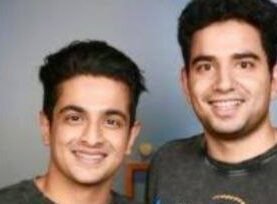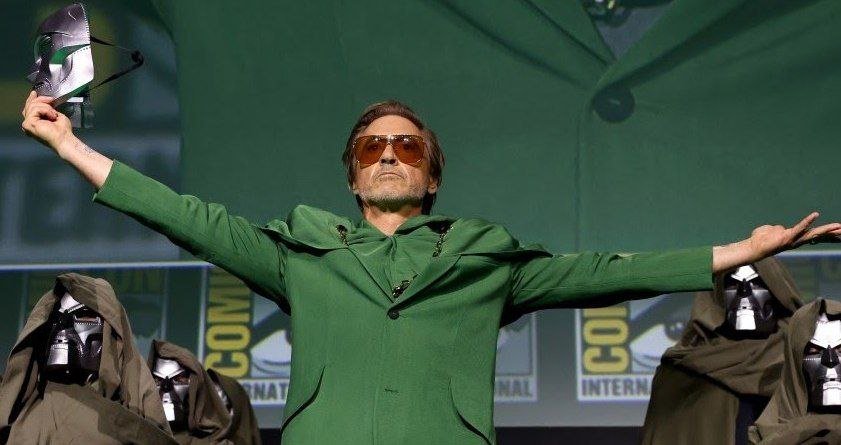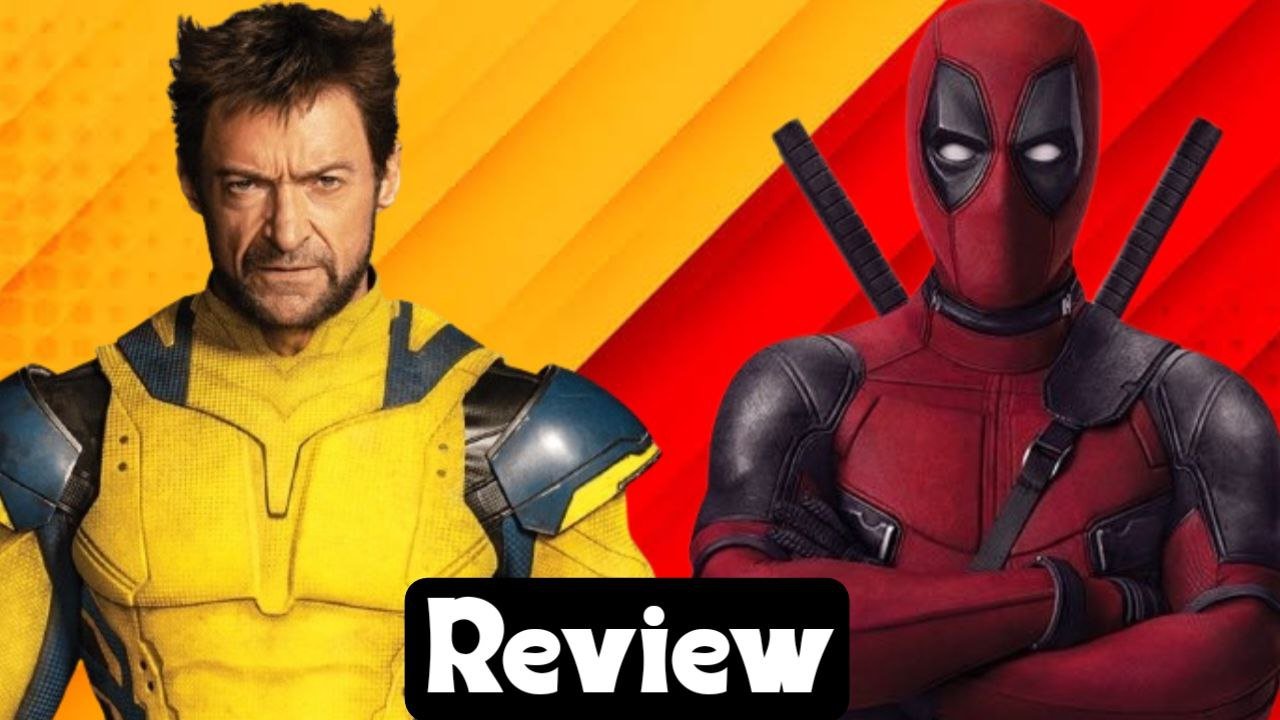Table of Contents
The latest controversy surrounding the show India’s Got Latent has caused a political firestorm in Gujarat, the land of Mahatma Gandhi and Sardar Patel. Amid the sharp backlash over controversial comments made by YouTuber Ranveer Allahbadia during the show, a new twist has emerged surrounding comedian Samay Raina’s planned performances. What was initially seen as a routine comedy event has escalated into a heated political debate, with questions about the appropriateness of the venues and the approval process for these shows.
Samay Raina’s Shows: Canceled Amidst Rising Tensions
Samay Raina, known for his popular YouTube presence and comedic content, had planned three big shows in Gujarat under the banner Samay Rain Unfiltered—a series that had generated buzz in the comedy scene. The shows were set to take place in Surat, Vadodara, and Ahmedabad on April 17, 18, and 19 respectively. However, after the controversial comments made by Ranveer Allahbadia during India’s Got Latent, the permissions for Raina’s shows were abruptly canceled. The reasons for this cancellation remain under scrutiny, and the political heat surrounding the incident has only intensified since.
Political Fallout: Congress Targets BJP Over Show Cancellations
The cancellation of these shows has fueled a fresh political controversy in Gujarat. The Congress party has raised questions about how and why government auditoriums were approved for Samay Raina’s shows. According to Hiren Banker, a spokesperson for the Gujarat Pradesh Congress, the approval process for these shows was questionable, especially considering that similar permissions for programs related to Mahatma Gandhi are often denied to Congress-led events.
Banker pointed out that the venues selected for these events—Sanjeev Kumar Auditorium in Surat, Pandit Deendayal Upadhyay Auditorium in Vadodara, and Auda Auditorium in Ahmedabad—are all government-owned auditoriums, typically reserved for educational, cultural, and social programs. The Congress spokesperson raised concerns over the fact that these auditoriums, which should be used for more meaningful and socially valuable purposes, were apparently used for shows that, according to the Congress, spread obscenity.
Questions Over Permissions: Who Was Behind It?
Congress has put the spotlight on the approval process itself, questioning which BJP leaders or corporation officials were behind the decision to grant Samay Raina’s shows official permission. Banker accused BJP leaders of granting approval for these shows, which he described as promoting “obscene speech and entertainment.” His criticism was particularly sharp because, according to him, permissions for programs related to Mahatma Gandhi—who is deeply revered in Gujarat—are often blocked. He demanded answers as to why a comedy show, deemed inappropriate by many, was allowed to use government facilities in Gujarat.
Further raising suspicion, Banker also drew attention to the approval process that allowed these shows to take place in auditoriums normally reserved for educational and public events. In his view, this reflects a disregard for the cultural and moral values associated with these venues. He also questioned the motivations behind such shows and the individuals who profit from the obscene content being presented, alleging that the approval was likely facilitated by influential figures in Gujarat.
Ranveer Allahbadia’s Comments Fuel the Fire
The political controversy surrounding Samay Raina’s shows cannot be seen in isolation from the earlier controversy generated by Ranveer Allahbadia’s comments on India’s Got Latent. Allahbadia’s remarks sparked widespread outrage, with many condemning his inappropriate comments on public platforms. The combination of these incidents has prompted an increased focus on how entertainment events are being approved and regulated, especially when the content sparks outrage.
The Maharashtra Police Cyber Cell, as part of its ongoing investigation into the India’s Got Latent show, has sought information about the guests who attended the controversial event. This has further intensified political reactions and raised concerns about the growing role of digital content creators in shaping public opinion.
The Bigger Picture: Cultural Sensitivity and Political Accountability
The Samay Raina controversy also ties into a broader debate about cultural sensitivity in India and the role of political accountability in entertainment. With the country’s rich historical legacy tied to figures like Gandhi and Patel, public events in Gujarat—especially those held in government-owned venues—are often expected to reflect the values associated with these icons. The decision to approve shows like Raina’s, which some view as distasteful, has ignited questions about the priorities of the ruling government in Gujarat.
At the heart of this issue lies the question of moral governance and whether cultural events should reflect societal norms. While entertainment is undeniably an essential part of modern life, critics argue that the content being allowed in public spaces should align with the cultural values of the region. In this case, the apparent disconnect between Samay Raina’s show and Gujarat’s historical and cultural identity has led to rising tensions between the ruling BJP and the Congress party.
Conclusion: The Growing Political Storm
As the controversy over Samay Raina’s canceled shows continues to evolve, it remains clear that cultural and political dynamics in India’s entertainment world are shifting. With Congress pushing for answers and questioning the integrity of the permission process, the issue of entertainment content, its regulation, and its political affiliations has become an increasingly sensitive topic.
In the coming weeks, as more details emerge about the behind-the-scenes approval process for Samay Raina’s shows, we can expect the political heat to rise further. Whether this will lead to more stringent regulations for public events or simply reinforce existing political divides remains to be seen. One thing is for certain, though—the intersection of entertainment, politics, and culture in India is more complex than ever.



